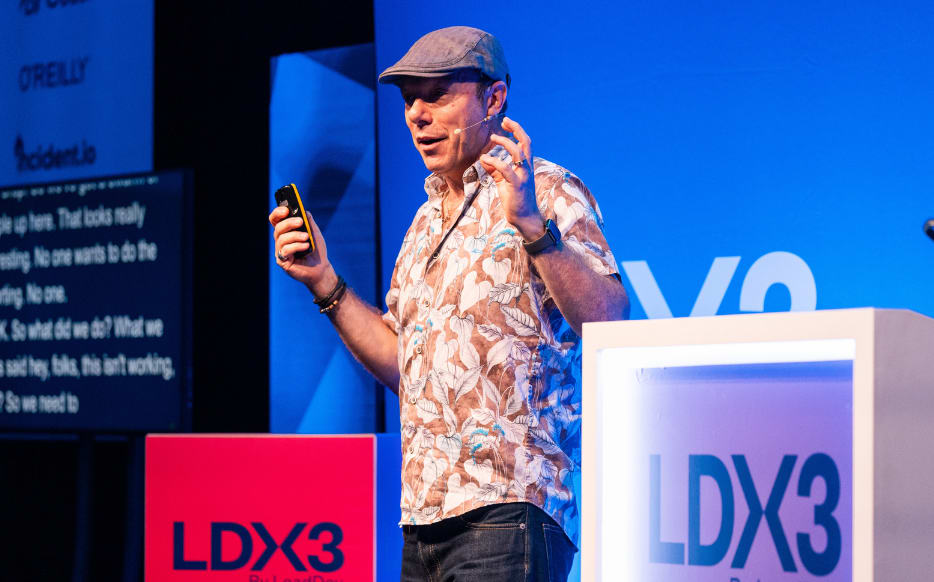
Latest
-
AI doesn’t create great developers, it amplifies them
Research from GitClear suggests the best devs benefit the most when using AI coding tools.
-
14 essential AI programming tools 2026
Here are some of the best generative AI programming tools for software developers to try today.
-
 In partnership with LaunchDarkly
In partnership with LaunchDarklyFrom code tsunami to controlled innovation: Launching software in the age of AI
How to harness the explosive speed of AI-driven development without losing control, compromising safety, or putting customer experience at risk.
Editor’s picks
Productivity isn’t always fast
It can often feel like we aren’t being productive unless we’re working at max speed. But slow productivity is here to subvert that idea.
How to speed up code reviews
Code reviews don’t have to be painful. Here’s how to embrace tools and more collaborative processes to raise the bar on your review cycle.
Maintain team performance during unexpected change
You’ll have to experience change management at least once in your career. Make sure your teams can maintain performance through it all.

London • June 2 & 3, 2026
LDX3 London agenda is live! 🎉
Essential reading

Should the daily stand-up die?
Will the real agile developers please stand up? Please stand up. Please, stand up.
On our Velocity playlist

Engineering owns velocity
In this talk, I’ll explore what engineering leaders need to do to credibly own velocity and deeply align their work with the company strategy.

Launching a Gen AI powered travel companion: A case for tiger teams
Explore Booking.com’s journey in launching a Gen AI travel companion in 3 months, powered by a tiger team approach for rapid, focused product development and innovation.

Goldilocks doesn’t need your story points or your t-shirts
Ben Murray believes there is only really one question you need to ask: is this task small enough?

How to drive pace in your team ??♀️
Alicia Collymore delivers actionable advice that’ll help you to improve your teams’ delivery and pace without a data-first approach.

Planning for success when scaling rapidly
Create goals, prioritize effectively, set expectations, and drive alignment.
More about Velocity
-
Leading your engineering team with ‘experiments’ not ‘processes’
Curing the fear of the process monster
-
In partnership with CircleCI
Delivering frontend experiences safely and continuously
The power of an independent CI/CD pipeline
-
Feature management: a low-risk way to deliver software faster
The power of feature management in modern development
Top Velocity videos
-

Understanding your team’s velocity
A panel discussion on being able to examine the speed of your team in depth is crucial to propelling them forward.
-

The power of visibility to unblock collaboration
Fostering a culture where knowledge can be shared with everyone.
-

Landing projects successfully
Getting projects across the finish line is a challenge, particularly for projects where you need other teams to do something – for example, to migrate to a new tool or a new version of an API. This talk will cover how to increase the likelihood that those teams will do what you need them to do, through a focus on clarity, communication, and empathy. It will cover some ideas for nudging behaviour too.
-

Sustaining and growing motivation across projects
In this panel, we’ll explore how to sustain motivation across long projects, including how to celebrate victories but also how to quickly bounce-back from any obstacles that occur.
-

Avoid the Lake!
Large programs are as much about bringing people, teams, and organizations together as much as it is about building and delivering technology. This talk is a brief overview of frequently overlooked steps in execution and proposes small changes to consider to significantly reduce friction during execution.
-

Iterating with a purpose
In talk, we’ll be exploring what you need to think about when you start a new project. How do you decide and agree what your goals are and understand how you’ll measure their successes and failures.




